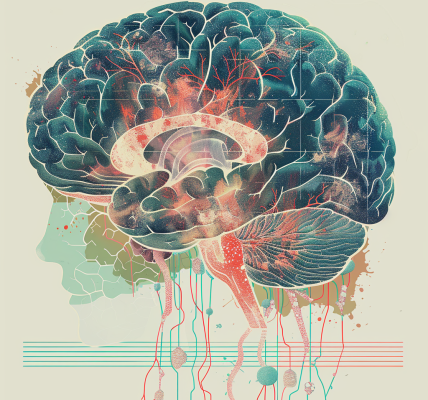Researchers at Brigham and Women’s Hospital have developed an innovative tool to predict and safeguard cancer patients from chemotherapy-induced kidney damage. The tool, developed in collaboration with researchers from the Dana-Farber Cancer Institute and other institutions, utilizes patient data from six major U.S. cancer centers, making it the largest and first generalizable study of its kind.
Cisplatin, a widely used chemotherapy drug, is highly effective in treating cancer but can also cause kidney injury, potentially leading to the discontinuation of life-saving cancer treatments. The newly developed risk prediction model aims to identify patients at the highest risk of moderate-to-severe kidney injury after receiving cisplatin. According to the researchers, the highest-risk patients had as much as a 20-fold higher risk of developing kidney injury after cisplatin compared to those in the lowest-risk group.
Dr. Shruti Gupta, MD, MPH, director of Onco-nephrology at BWH and Dana-Farber, emphasized the increasing impact of kidney injury on cancer patients and its association with higher mortality and potential ineligibility for other therapies. Despite the availability of newer treatments, cisplatin remains a cornerstone of cancer therapy globally, making the risk prediction model a significant advancement in the care of patients receiving cisplatin.
The research team analyzed data from over 24,000 patients across six major U.S. cancer centers, including Dana-Farber Brigham Cancer Center, Mass General Cancer Center, Memorial Sloan Kettering Cancer Center, MD Anderson Cancer Center, University of Colorado, and Northwell Health. The model developed by the team incorporates various risk factors for kidney injury, such as age, high blood pressure, diabetes, laboratory findings from routine bloodwork, and higher doses of cisplatin. Additionally, the study found that patients who developed kidney injury from cisplatin had a considerably higher risk of death compared to those who did not.
Furthermore, the research highlighted lower levels of magnesium as an important risk factor for acute kidney injury. The comprehensive risk prediction model is expected to aid in identifying and safeguarding cancer patients at risk of chemotherapy-induced kidney damage, ultimately improving the care and outcomes of these patients.





